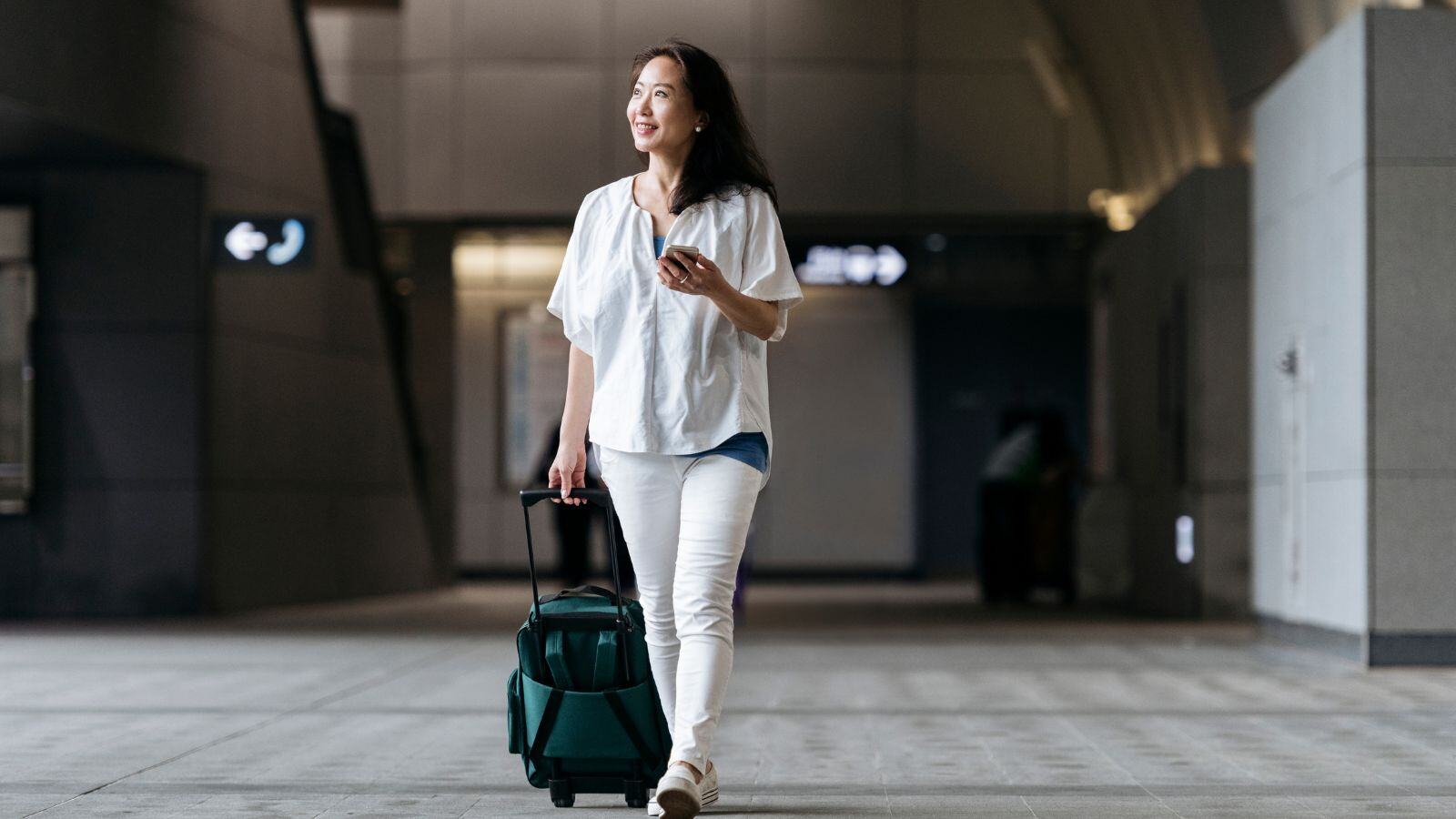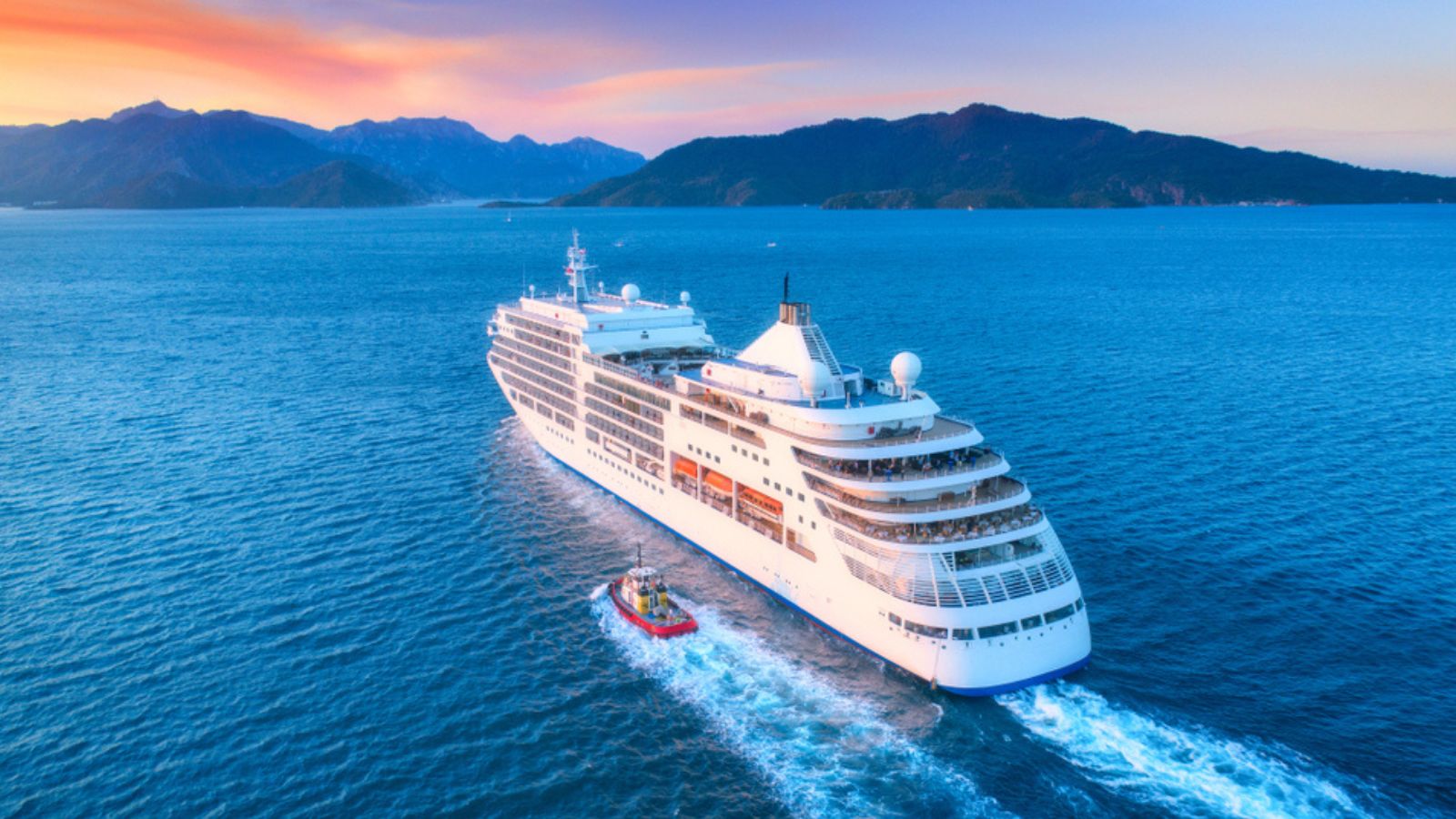As travelers return to the skies with regained confidence, the cruise industry is also making its comeback. Pent-up demand from delayed and canceled trips over the past two years are leading to record cruise bookings, with the industry expected to exceed its pre-Covid record highs in terms of passenger numbers and revenues by 2023. In fact, cruise lines like Royal Caribbean are sailing at over 100% capacity.
While cruise passenger numbers are starting to return to normal, the passenger experience is noticeably changing. Over the past few years, cruise ships have been embracing new technologies that are transforming and improving travelers’ experience on the high seas. Take a deep dive below with a look at some of the most noteworthy developments that are making waves in the cruise industry.
Touchless Tech for Safe and Seamless Travel
Few sectors within the travel sphere were hit as hard by Covid-19 as cruises. Cruise ships’ close-knit quarters and international demographic, considered by loyal cruise-goers a staple of the experience, were health and safety nightmares in the face of a global pandemic. Unsurprisingly, cruise lines have embraced contactless technologies in the wake of the pandemic’s peak. While reducing human contact offers a clear benefit to the health of passengers stuck in close quarters, it’s had the added benefit of streamlining passengers’ experience.
.jpg?width=250&name=biometrics%20(1).jpg) Digital check-ins and boarding passes that rely on biometric technology, which are already being used across most major airlines, have now become the norm for cruise ships. Royal Caribbean's seamless check-in is one example of the touchless boarding experience, wherein passengers can simply take a selfie and scan their passports. A similar move has been made by Carnival Corp, who implemented infrared cameras to screen passengers prior to boarding, which helps the ship maintain safety protocols.
Digital check-ins and boarding passes that rely on biometric technology, which are already being used across most major airlines, have now become the norm for cruise ships. Royal Caribbean's seamless check-in is one example of the touchless boarding experience, wherein passengers can simply take a selfie and scan their passports. A similar move has been made by Carnival Corp, who implemented infrared cameras to screen passengers prior to boarding, which helps the ship maintain safety protocols.
Radio Frequency Identification (RFID) technology has also become a popular adaptation for cruise lines to provide passengers with a more seamless way to board, move about and pay for items on the ship. Wearable devices such as Princess Cruise’s Ocean Medallions, Royal Caribbean’s WOW Bands, or Viking Cruise’s intelligent TraceSafe devices, that come equipped with RFID technology, can act as a room key, enabling passengers to automatically open up doors and pay for drinks, services, games and other amenities. Wearable devices enable mobile identification, which also allows passengers to easily embark and disembark the ship. With just a scan of the wristband, crew members can access a passenger’s necessary information, to maintain faster boarding processes while also keeping travelers and crew members safe and accounted for.
Some cruise lines such as MSC Cruises, have implemented in-cabin, voice-activated artificial intelligence to answer customer questions that would previously require picking up the phone or walking to the concierge desk. MSC’s digital assistant named Zoe, akin to Apple’s Siri or Amazon’s Alexa, comes customized to each ship to offer passengers a new form of personalized and digital hospitality.
Third-party travel data can also help cruises better tailor the passenger experience both onboard and offshore. Insight into a traveler’s post-ship journey allows cruises to provide targeted ads for restaurants, hotels or experiences in their future destination. Insight into a traveler’s past trips can help determine their desired trip lengths, how much they’re willing to spend or their desired cruise experience. This helps cruise lines personalize and adjust itineraries to better meet a passenger’s need and can even benefit adjacent providers by streamlining connections.
Data-Driven Personalized Experiences
Whether shopping retail, booking online trips or on vacation, today’s consumers expect a personalized and seamless experience, emphasizing the need for connectivity and data digitization. The mobile phone has become a necessary accessory for most travelers–especially millennials and Gen-Z’ers–and cruise lines have adopted advanced technology to accommodate these expectations.
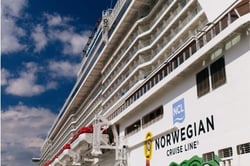 Designated cruise line apps, such as the Cruise Norwegian app, offers enhanced communication abilities so that guests can connect with family, friends and crew members while out on sea. Other cruise lines such as Royal Caribbean are investing in next-gen technologies like augmented reality, that let passengers play virtual reality games on its app. As guests view schedules, interact, book excursions, make dining plans and other purchases, operators can track this behavior to better understand and tailor customer experiences.
Designated cruise line apps, such as the Cruise Norwegian app, offers enhanced communication abilities so that guests can connect with family, friends and crew members while out on sea. Other cruise lines such as Royal Caribbean are investing in next-gen technologies like augmented reality, that let passengers play virtual reality games on its app. As guests view schedules, interact, book excursions, make dining plans and other purchases, operators can track this behavior to better understand and tailor customer experiences.
Resorts World Cruises, a luxury and lifestyle cruise brand launched in 2022, is hitting the ground running with a partnership with IBS software to offer passengers a digitally enhanced shopping experience. Through IBS’s iTravel Cruise Enterprise Reservation, Resorts World Cruises will provide customized offers and promotions to guests, digitally engaging them throughout the entire lifecycle of their trip.
Additionally, in an effort to provide a more frictionless experience for passengers, connect with guests, and open additional revenue streams, Royal Caribbean has used advanced analytics to develop a personalization engine that learns, tracks and helps its crew respond to passenger preferences from its mobile app so as to let guests enjoy the trip they want.
Cruise Connectivity
Similar to how travel “super apps” aim to provide a one-stop shop for door-to-destination travel, cruise packages enable travelers enhanced booking convenience by combining all aspects of their trip transportation into a single digital reservation. Partnerships between cruise and airlines, such as Carnival Cruises and American Airlines, can include roundtrip transfers between their arrival airport and subsequent port, so passengers can relax instead of stressing over additional travel fees or connections. OAG’s platform provides that provide flight status data to airlines and cruise lines so they can coordinate around delays to ensure that each passenger arrives at their destination on time.
De pending on the cruise line, consumers may also be able to add attractions and other regional activities. Alaskan Cruises, for example, offers a land-based pre- and post-cruise tour where visitors can see national landmarks and parks near the cruise line’s ports so that travelers can build their vacation for sightseeing on land and sea.
pending on the cruise line, consumers may also be able to add attractions and other regional activities. Alaskan Cruises, for example, offers a land-based pre- and post-cruise tour where visitors can see national landmarks and parks near the cruise line’s ports so that travelers can build their vacation for sightseeing on land and sea.
Cruises weathered rocky waters during the pandemic, but it also inspired a new wave of technological transformation that are already showing promise of promoting the industry’s recovery. As more consumers feel comfortable traveling the seas again, cruises can welcome their passengers aboard with safer, more connected, and intelligent experiences that eliminate headaches and exceed travelers’ expectations.


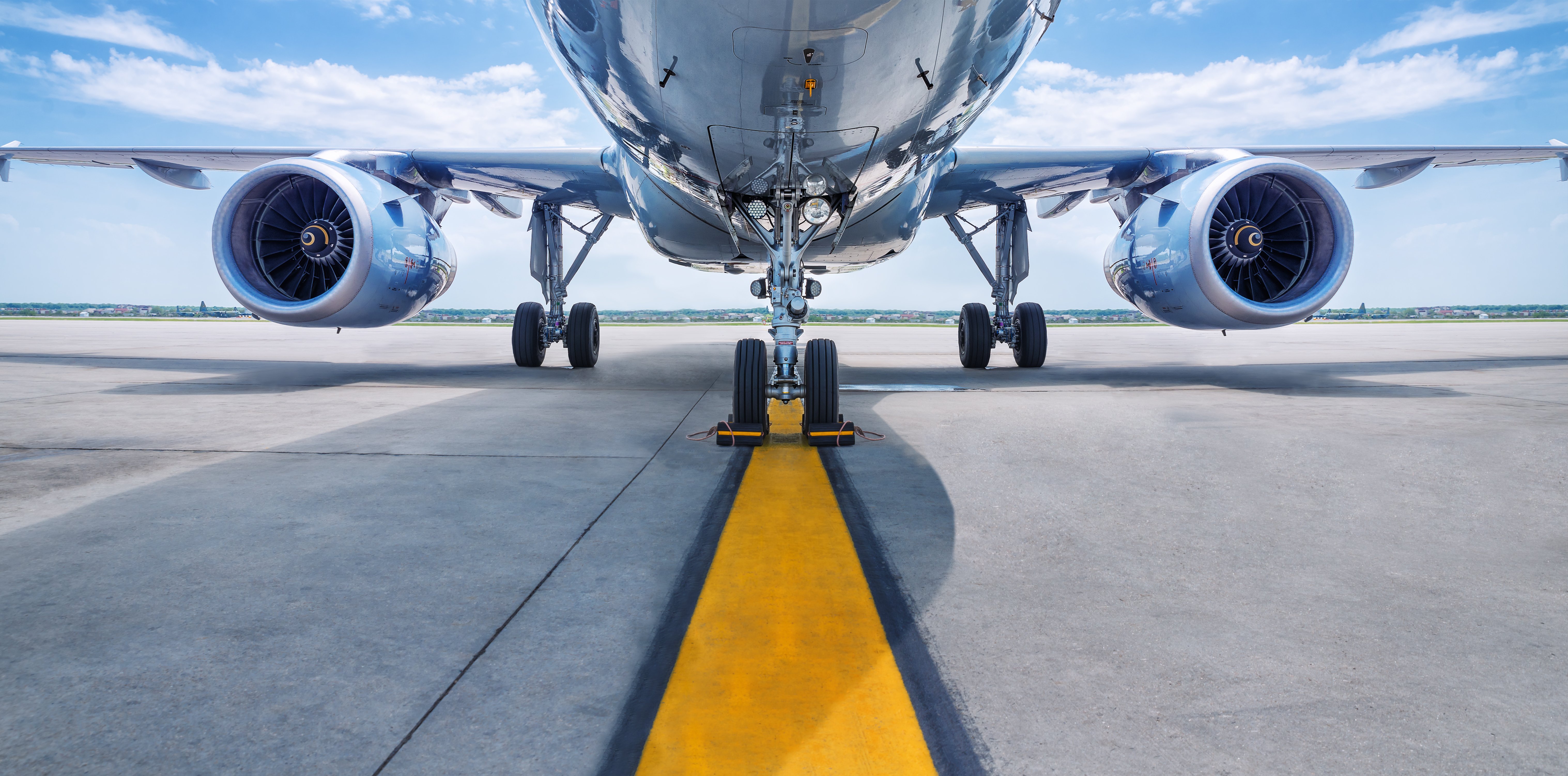

.jpg)
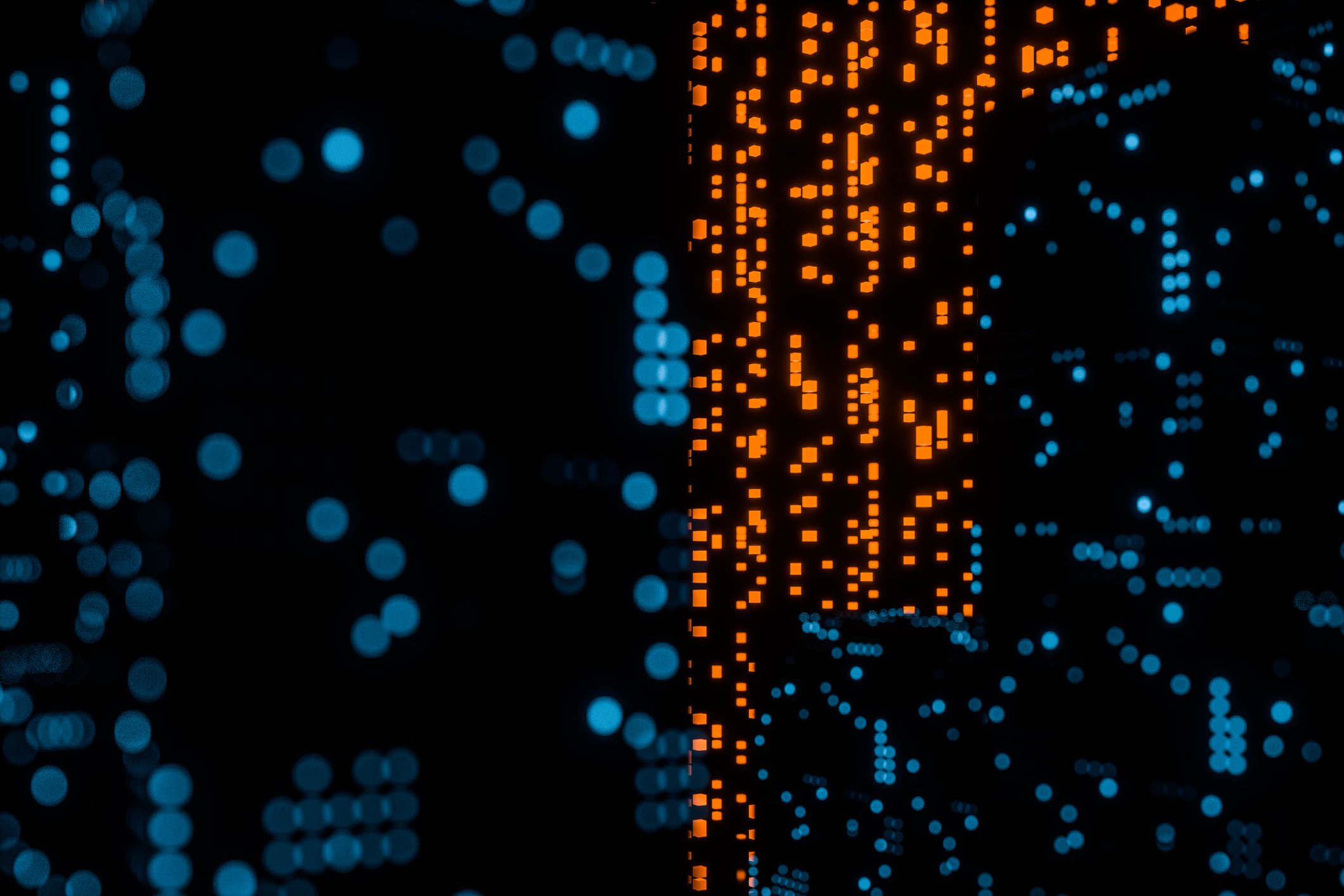
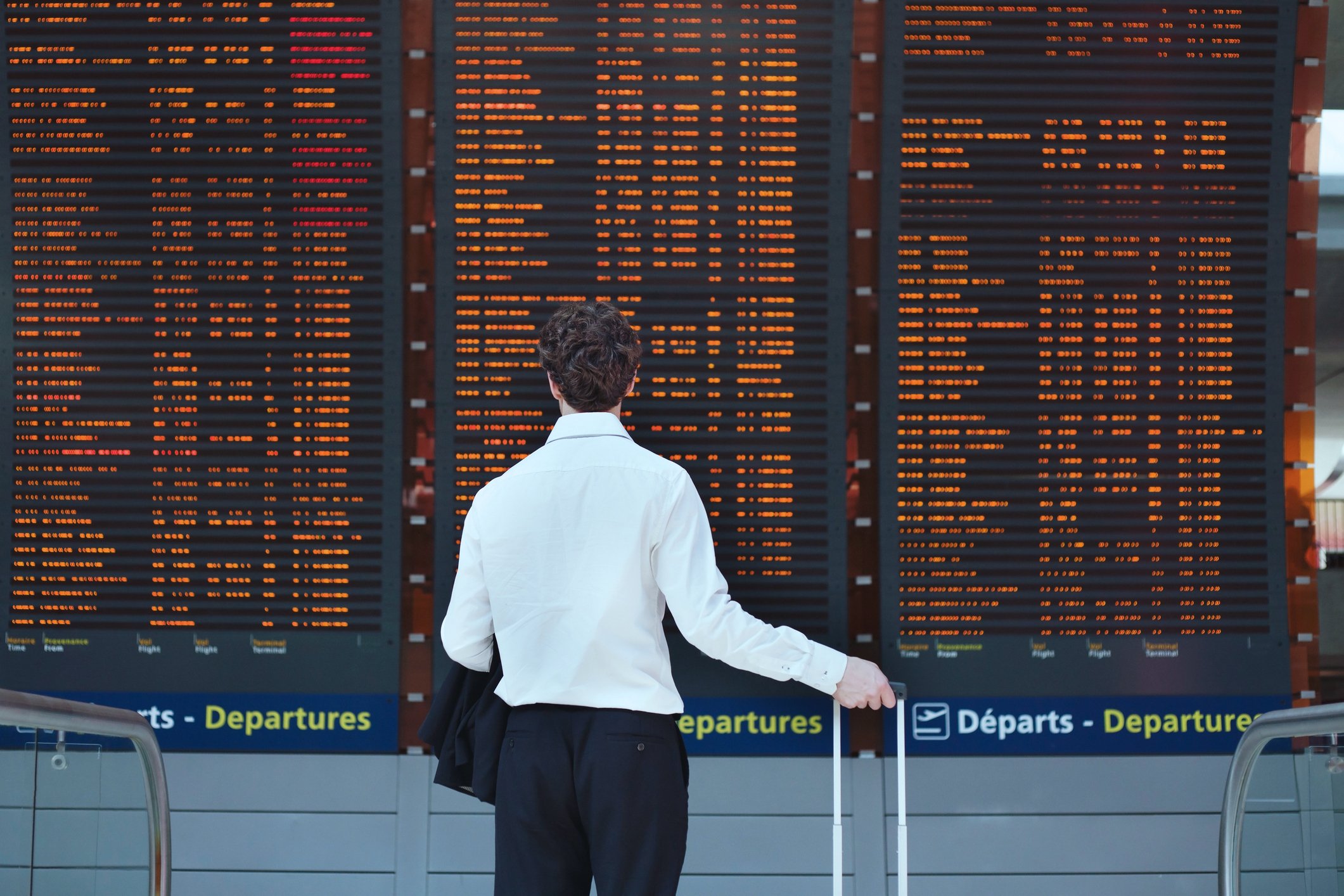

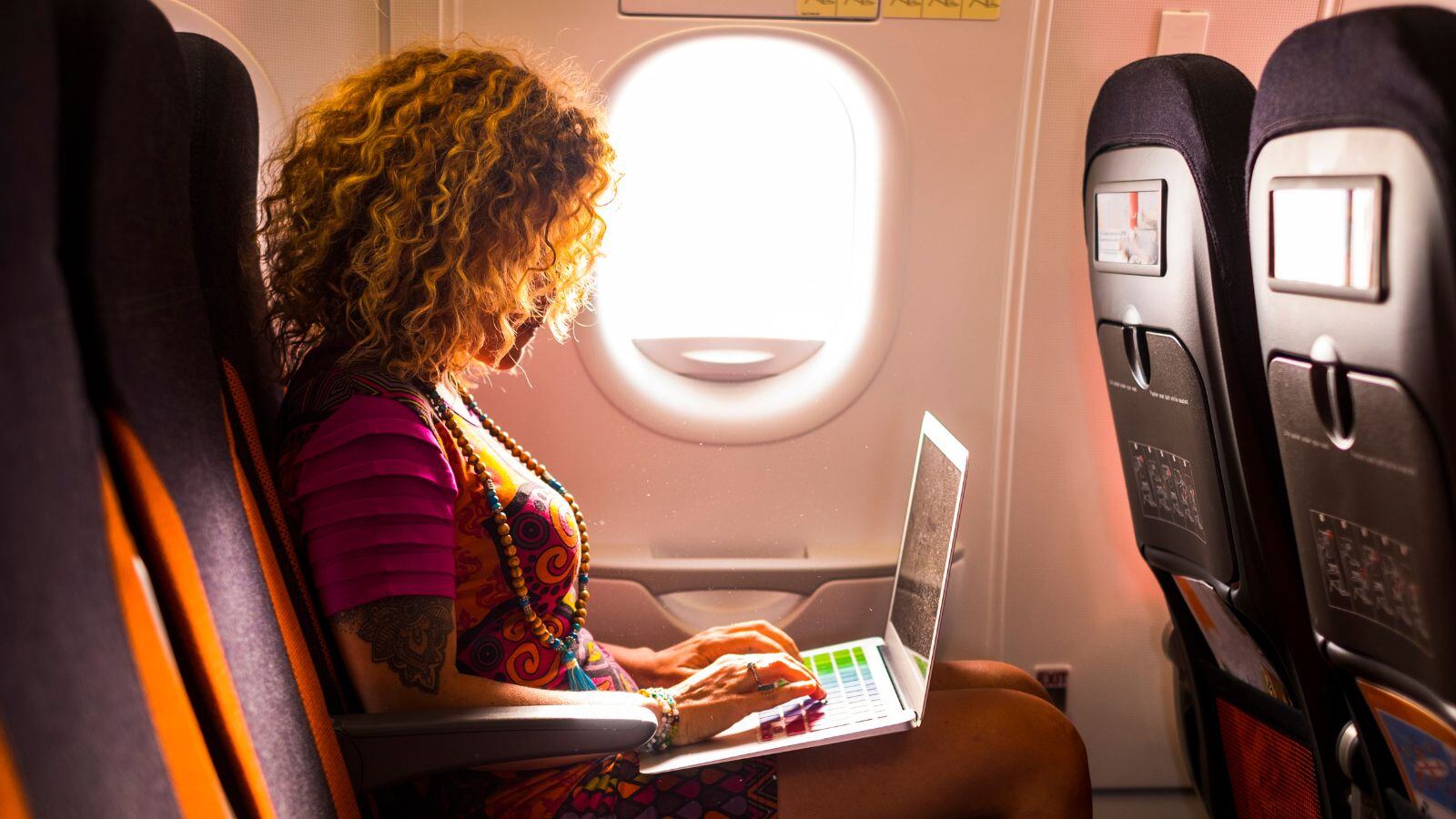
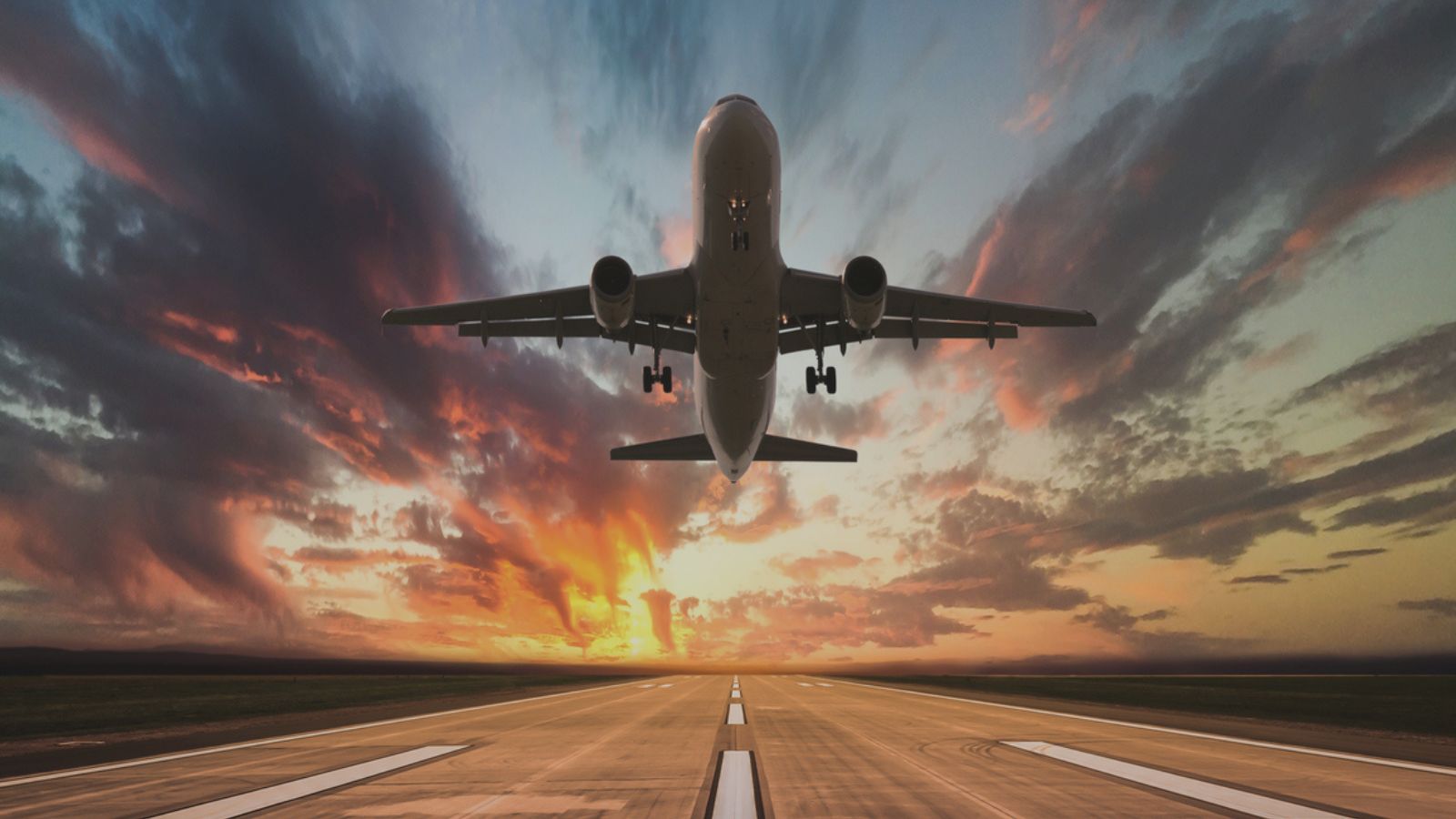
.png)

